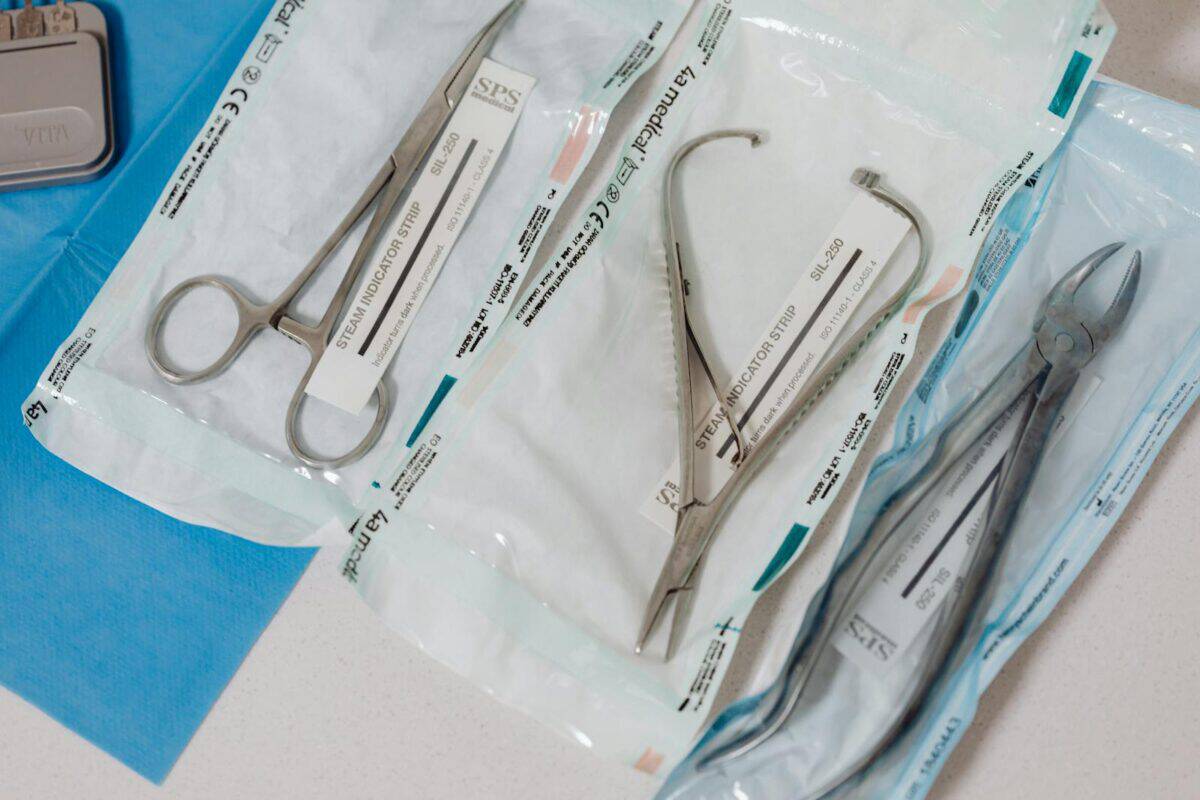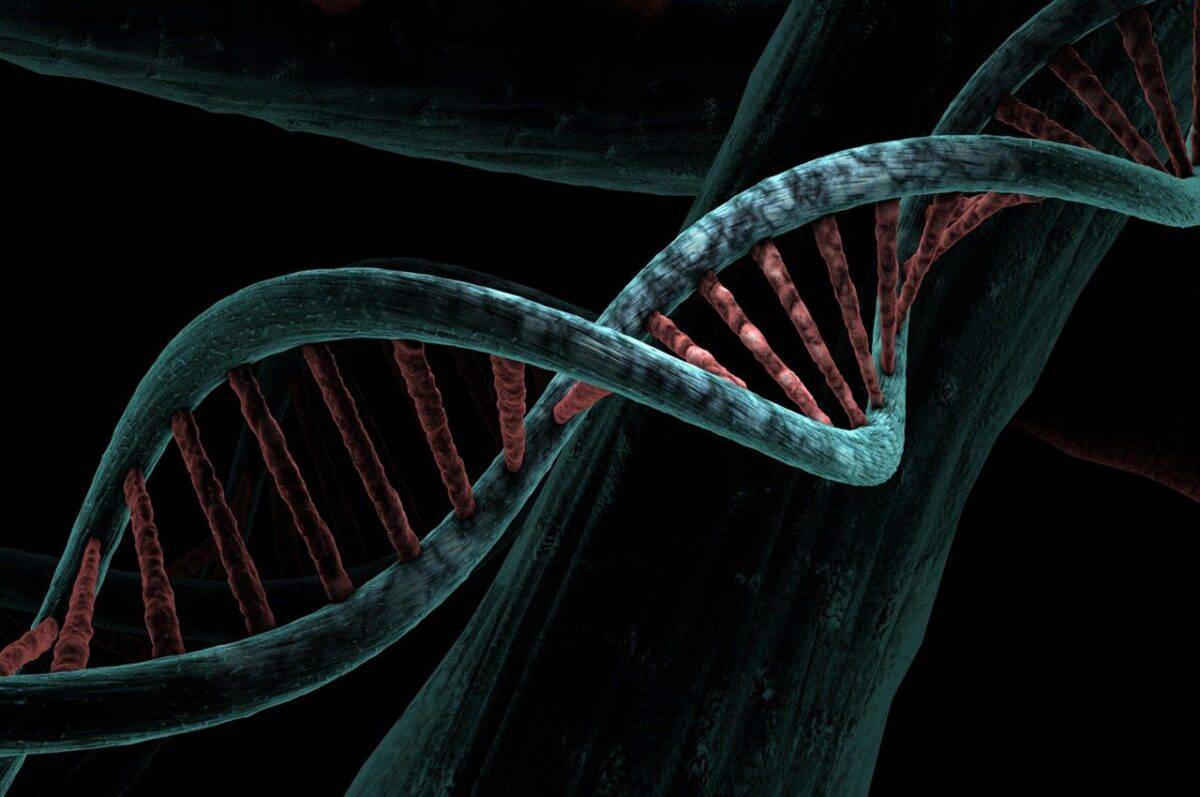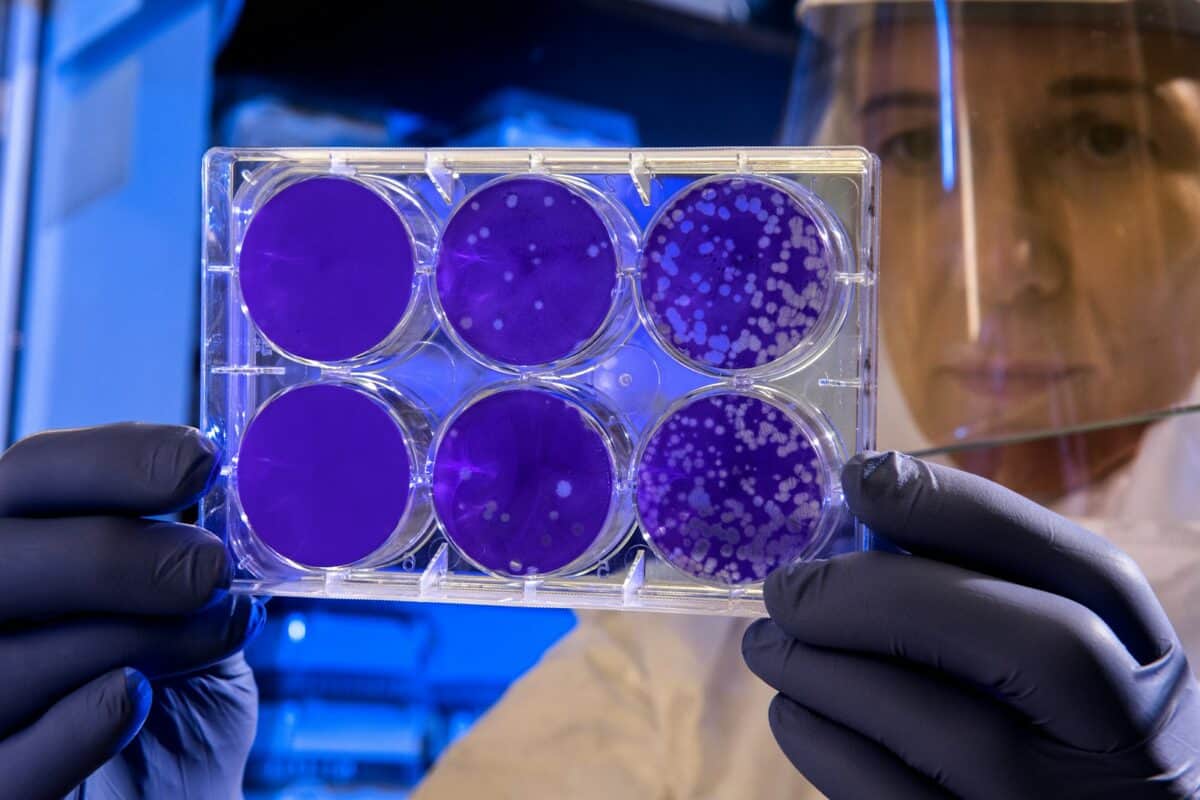Advancements in biotechnology are reshaping the world as we know it, bringing forth innovations that have the potential to revolutionize healthcare, agriculture, and environmental sustainability. These groundbreaking technologies could change the way we live and interact with our environment, offering solutions to some of the most pressing challenges of our time. In this article, we explore 14 cutting-edge biotech innovations poised to significantly impact our future.
1. CRISPR-Cas9 Gene Editing

CRISPR-Cas9 has taken the scientific community by storm as a powerful tool for editing genes with unprecedented precision. This technology allows researchers to add, remove, or alter specific DNA sequences, which can lead to potential breakthroughs in treating genetic disorders such as cystic fibrosis and muscular dystrophy. Its applications extend to agriculture, where it can be used to engineer crops with enhanced resistance to diseases and extreme weather conditions.
2. Personalized Medicine

Advances in genomics have paved the way for personalized medicine, where treatments are tailored to an individual’s genetic makeup. This approach increases the effectiveness of therapies and minimizes adverse effects, particularly in cancer treatment. By analyzing a patient’s genetic information, doctors can develop highly targeted treatment plans, improving outcomes and quality of life.
3. Lab-Grown Organs

Lab-grown organs, or bioengineered organs, represent a life-saving innovation for patients facing organ failure. Scientists are working on growing organs from a patient’s own cells, significantly reducing the risk of rejection. While still in experimental stages, this technology holds promise for addressing the organ shortage crisis and expanding the availability of transplants.
4. Artificial Intelligence in Drug Discovery

Artificial Intelligence (AI) is rapidly transforming drug discovery by analyzing complex datasets to identify potential drug candidates. AI algorithms can predict how different compounds will interact with specific diseases, significantly speeding up the research process. This leads to faster development of new medications and more efficient use of resources in pharmaceutical companies.
5. Biomimicry in Medicine

Biomimicry involves mimicking nature’s designs to solve human problems, and it’s increasingly applied in medicine. For instance, Velcro was inspired by the tiny hooks on burrs, and similar principles guide the development of medical adhesives and surgical tools. Biomimicry helps create less invasive healthcare solutions that align closely with the human body’s natural processes.
6. DNA Data Storage

With the exponential growth of digital data, researchers are turning to DNA as a high-density storage medium. DNA data storage promises an incredibly compact and long-lasting way to archive vast amounts of information. This technology has the potential to revolutionize how we store and preserve data, with DNA’s durability ensuring information remains accessible for thousands of years.
7. Biodegradable Plastics

The development of biodegradable plastics presents a significant opportunity to address environmental pollution. These plastics are designed to break down naturally, minimizing their impact on landfills and oceans. Advances in synthetic biology allow for the creation of new materials that decompose under environmental conditions, helping reduce the ecological footprint of consumer products.
8. Nutrigenomics

Nutrigenomics explores the relationship between diet and genes, aiming to personalize nutrition based on individual genetic profiles. By understanding how specific nutrients affect gene expression, nutrigenomics can guide personalized dietary recommendations that promote health and prevent disease. This field has the potential to revolutionize nutrition by making it highly customized and effective.
9. Immune Engineering

Immune engineering seeks to modify and enhance the body’s immune system to better fight diseases. Techniques such as CAR-T cell therapy, which reprograms a patient’s T-cells to attack cancer cells, exemplify the potential of immune engineering. By harnessing the body’s natural defenses, this innovation offers a promising path to treat a wide range of diseases more effectively.
10. Biofabrication in Construction

Biofabrication involves using living organisms to create materials, a concept being explored in sustainable construction. For example, bio-cement, developed using bacteria to induce calcification, offers a greener alternative to traditional cement production. This approach aims to produce construction materials with reduced environmental impact, promoting sustainable architectural practices.
11. Agricultural Biotechnology

Agricultural biotechnology is improving crop yields and resilience through genetic modification and molecular biology techniques. Innovations such as pest-resistant and drought-tolerant GM crops help ensure food security in the face of changing climate conditions. Advances in this field support the creation of sustainable and efficient farming practices.
12. Stem Cell Therapy

Stem cell therapy holds great promise for regenerative medicine, as stem cells can differentiate into various cell types needed for tissue repair. This therapy is being explored for treating conditions ranging from spinal cord injuries to degenerative diseases like Parkinson’s. The ability to regenerate damaged tissues and organs could revolutionize treatment options for many chronic conditions.
13. Advanced Diagnostics

Emerging diagnostic technologies, such as liquid biopsies and wearable sensors, are improving early detection and monitoring of diseases. These technologies provide less invasive, rapid, and accurate diagnosis, enabling better disease management and improved patient outcomes. As diagnostics become more advanced, healthcare can shift towards a more proactive and preventive model.
14. Synthetic Biology

Synthetic biology combines biology and engineering to design and construct new biological parts, devices, and systems. This field offers opportunities for creating synthetic organisms that can perform specific functions, such as bio-remediation of polluted environments or biosensors that detect diseases. The potential applications of synthetic biology are vast, holding promise for numerous industries.
In summary, these 14 biotech innovations are at the forefront of technological transformation, promising to shape the future in profound ways. From personalized medicine to sustainable agriculture, these breakthroughs hold the potential to address some of the world’s most pressing challenges, enhancing the quality of life, and fostering a sustainable future. As these technologies continue to develop, they will likely bring about significant improvements in health, the environment, and beyond, highlighting the ever-increasing importance of biotechnology in our lives.
- How Penguins Take Turns at Sea and Nest to Raise Chicks - August 9, 2025
- Dolphin Brains Compare to Those of Apes and Humans - August 9, 2025
- 14 Cutting-Edge Biotech Innovations That Will Shape the Future - August 9, 2025

